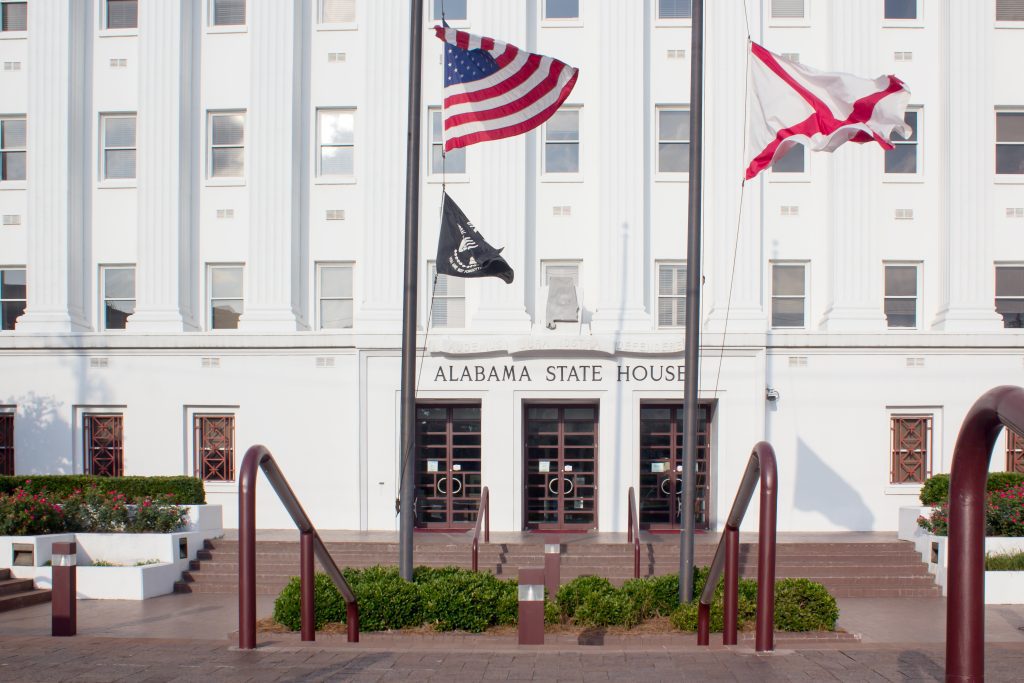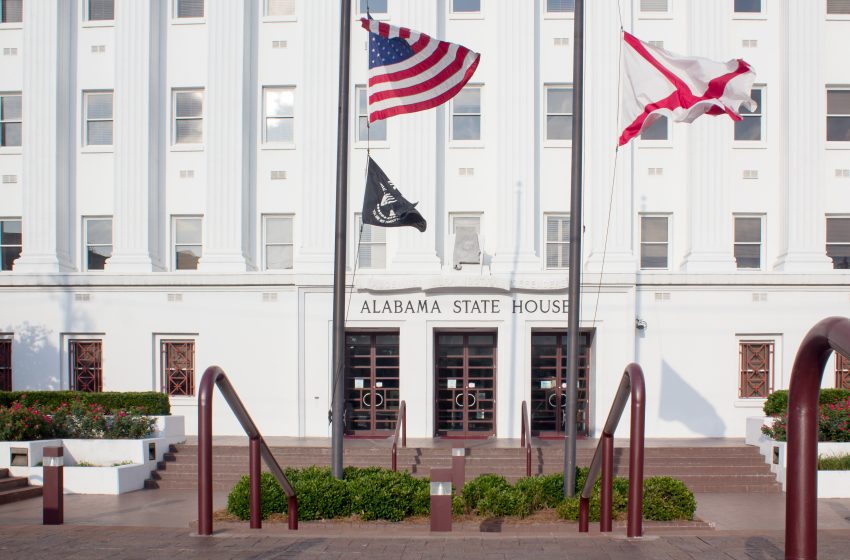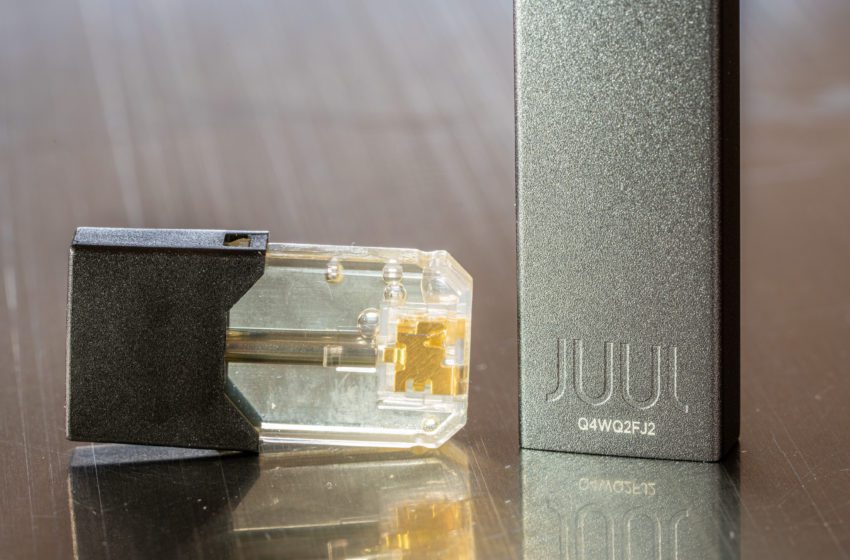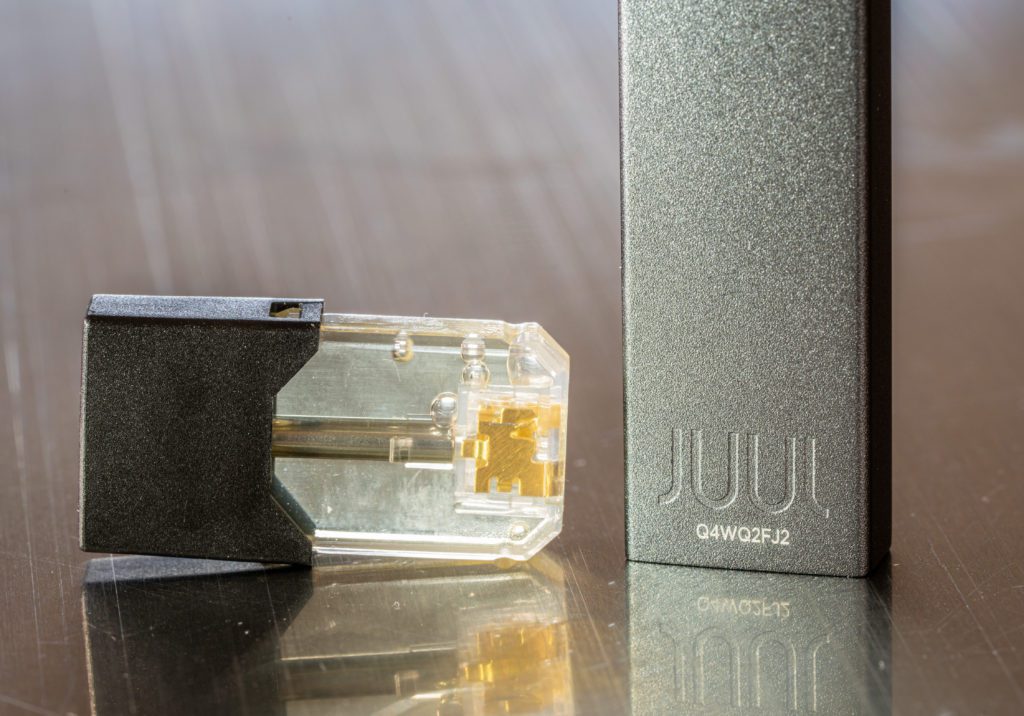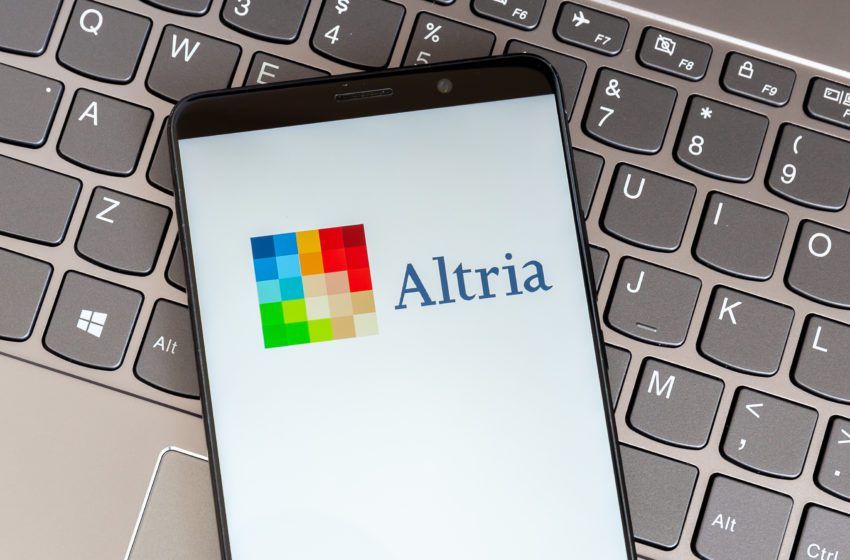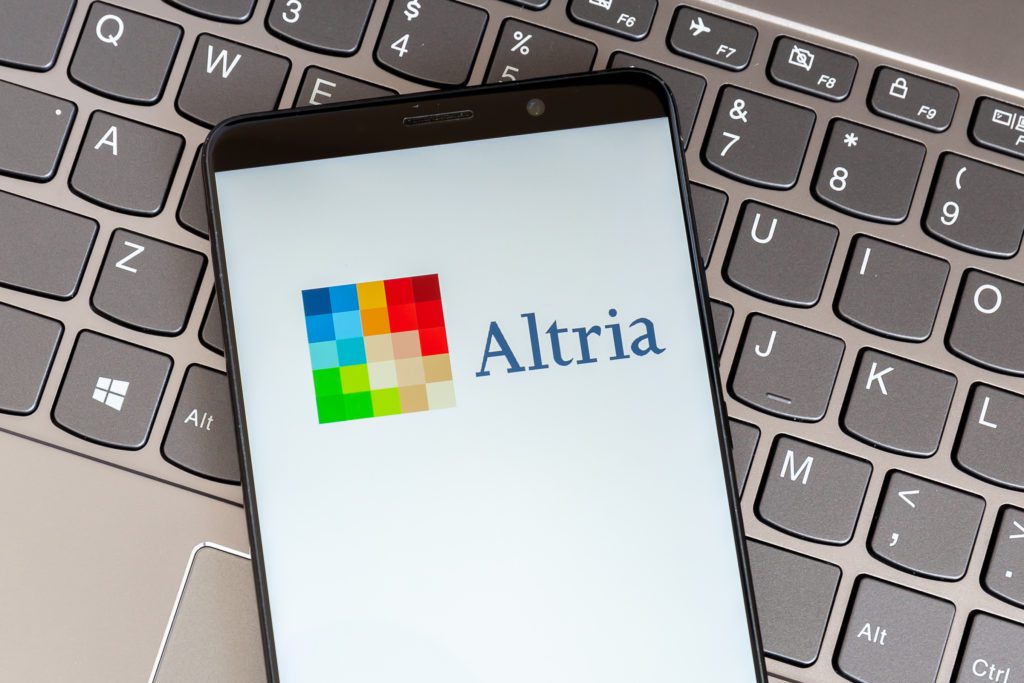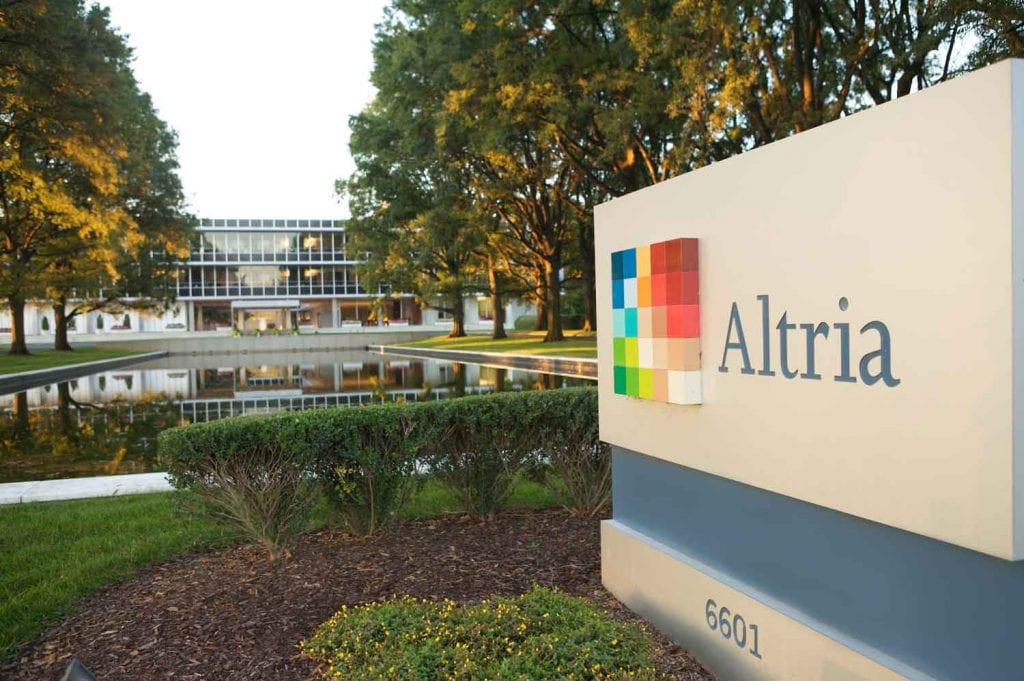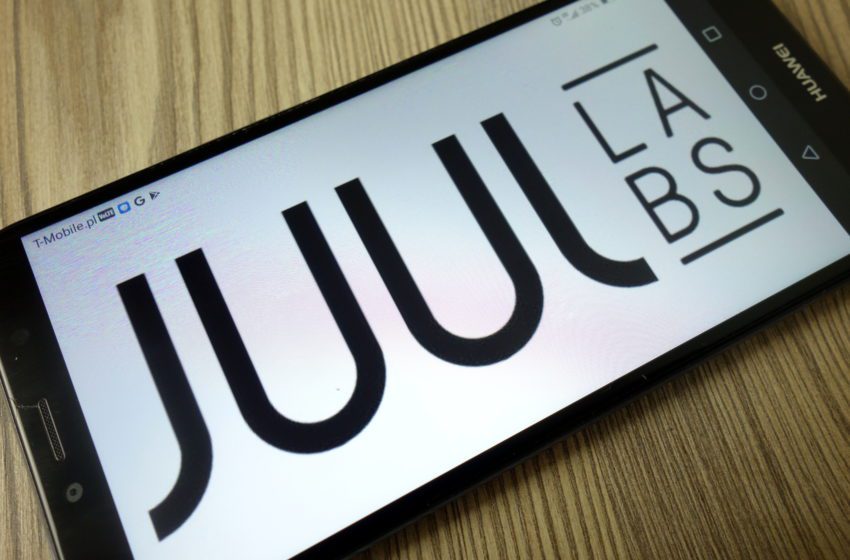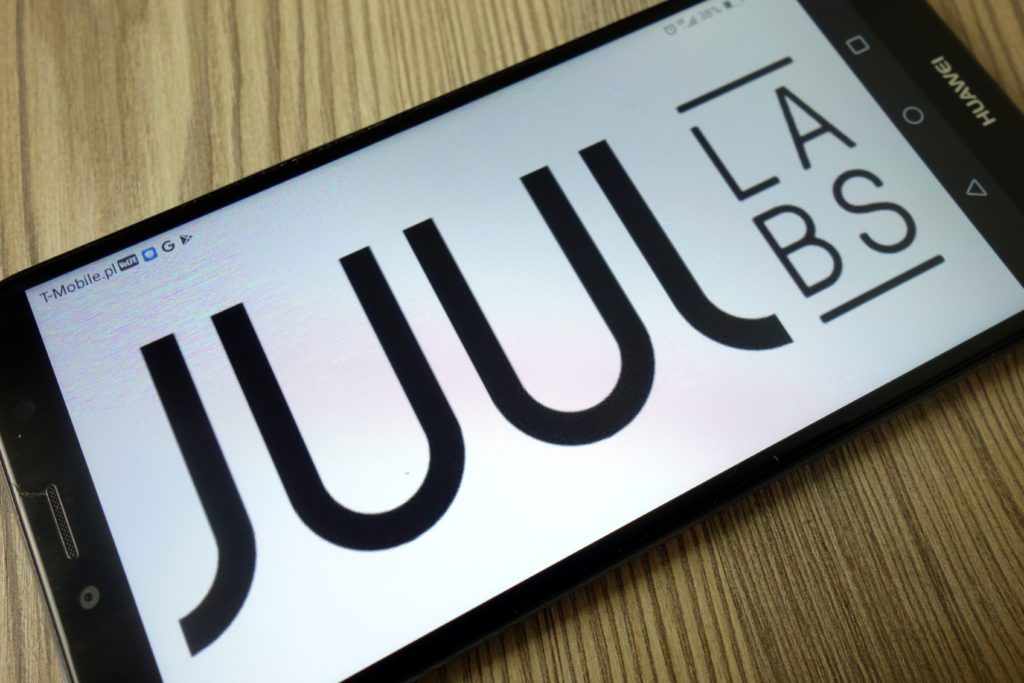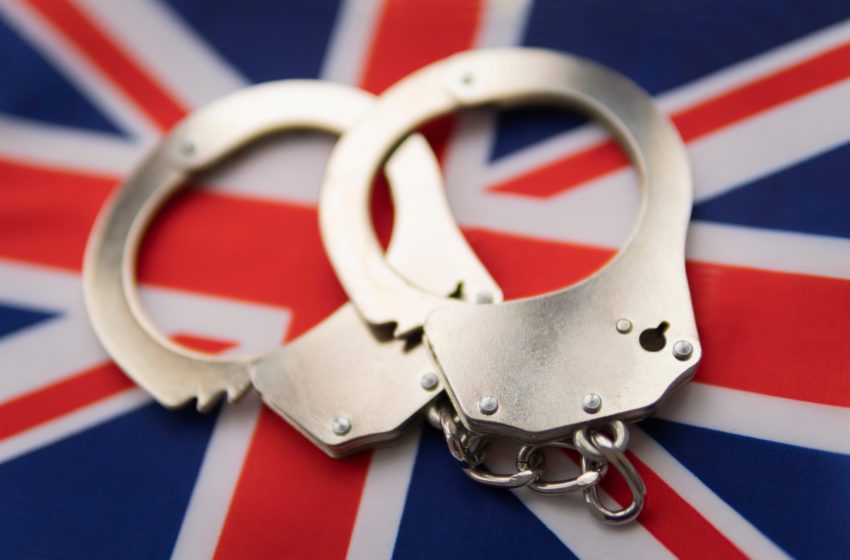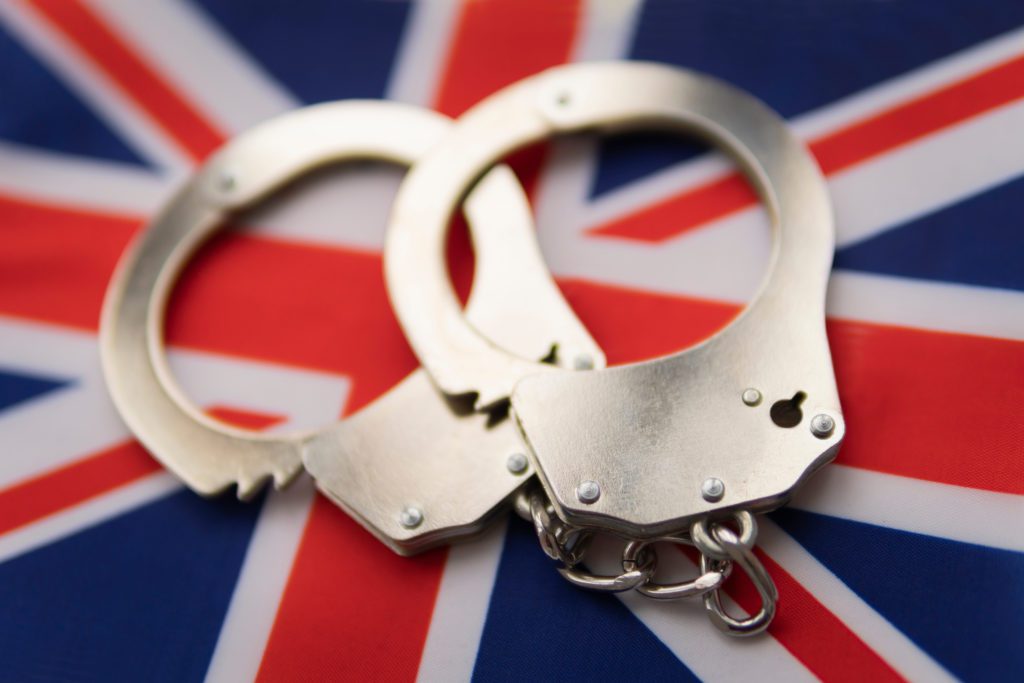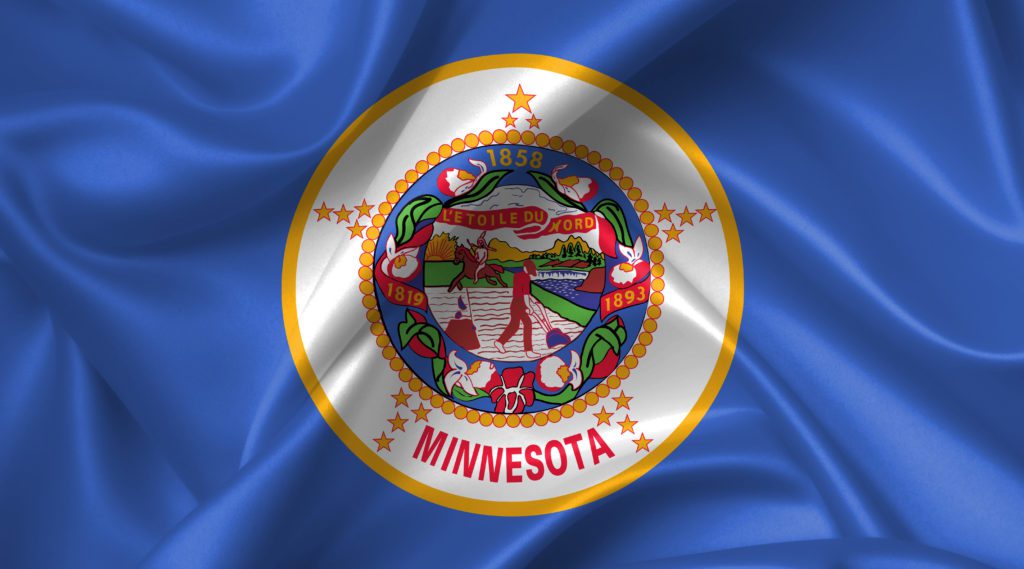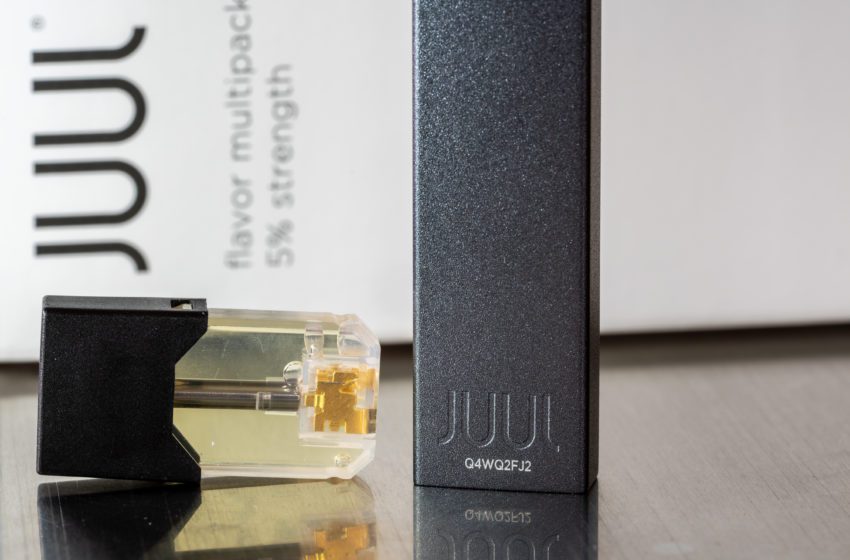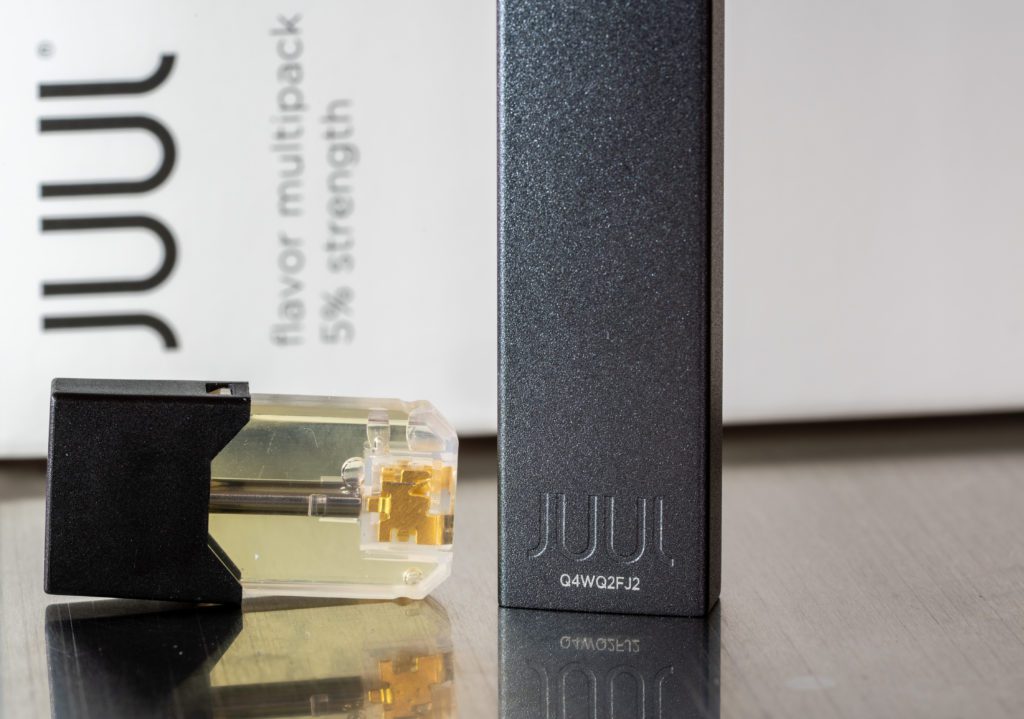Lawyers for Altria Group Inc. told a jury that the company didn’t benefit from its 2021 $12.8 billion investment in Juul Labs Inc. in a trial over whether Altria helped Juul Labs promote sales that led to a rise in youth vaping. The trial is a test case brought by the San Francisco school system.
Altria played a passive role in Juul’s efforts to market e-cigarettes to young users and “hasn’t received a penny for this investment, they haven’t benefited,” Beth Wilkinson, an attorney for the company, argued as the trial kicked off Monday in San Francisco federal court, according to Bloomberg News.
The 2018 investment vaporized to $250 million, she said, referring to the value of the Juul investment at the end of 2022 that Altria announced earlier this year when the company exchanged that investment for rights to heated-tobacco product technology.
Attorneys representing the San Francisco Unified School District told U.S. District Judge William Orrick that Wilkinson’s statements on the Juul investment to the jury were “prejudicial” to plaintiffs and violated ground rules on excluding certain information at trial.
The judge said he’ll take up the objection Tuesday morning before the trial resumes.
The bellwether trial forces Altria to publicly defend itself solo for the first time as it faces thousands more cases that were brought against the company and Juul. In December, Juul Labs agreed to pay more than $1.2 billion to settle more than 5,000 suits blaming the company for a youth vaping epidemic across the US.
Altria’s “going to say, ‘We didn’t market the product,’” Thomas Cartmell, a lawyer representing the school district, told jurors. “That’s true, but it’s very important for you all to know what Altria knew as they pursued and partnered with Juul,” he said, adding that Altria knew Juul’s marketing tactics would appeal to and hook young people, including kids.
Juul sales “skyrocketed” after Altria’s 2018 investment and the tobacco company helped the startup market its products and set up 10,000 new stores, Cartmell said. Altria knew Juul’s plans to boost sales would frustrate the U.S. Food and Drug Administration’s efforts to curb youth e-cigarette use, he said.
The sprawling litigation in San Francisco federal court includes about 4,270 personal injury suits and more than 1,434 complaints brought by government entities and native Indian tribes, in addition to a proposed class-action fight, according to a recent court filing.
Juul and Altria defended the first trial that started in March over a case brought by Minnesota over deceptive marketing of e-cigarettes. The companies last month settled the state’s case, though details are yet to be disclosed.
In April, Juul agreed to pay $462 million to six states and the District of Columbia to resolve lawsuits and investigations into the marketing of addictive vaping products to children.
